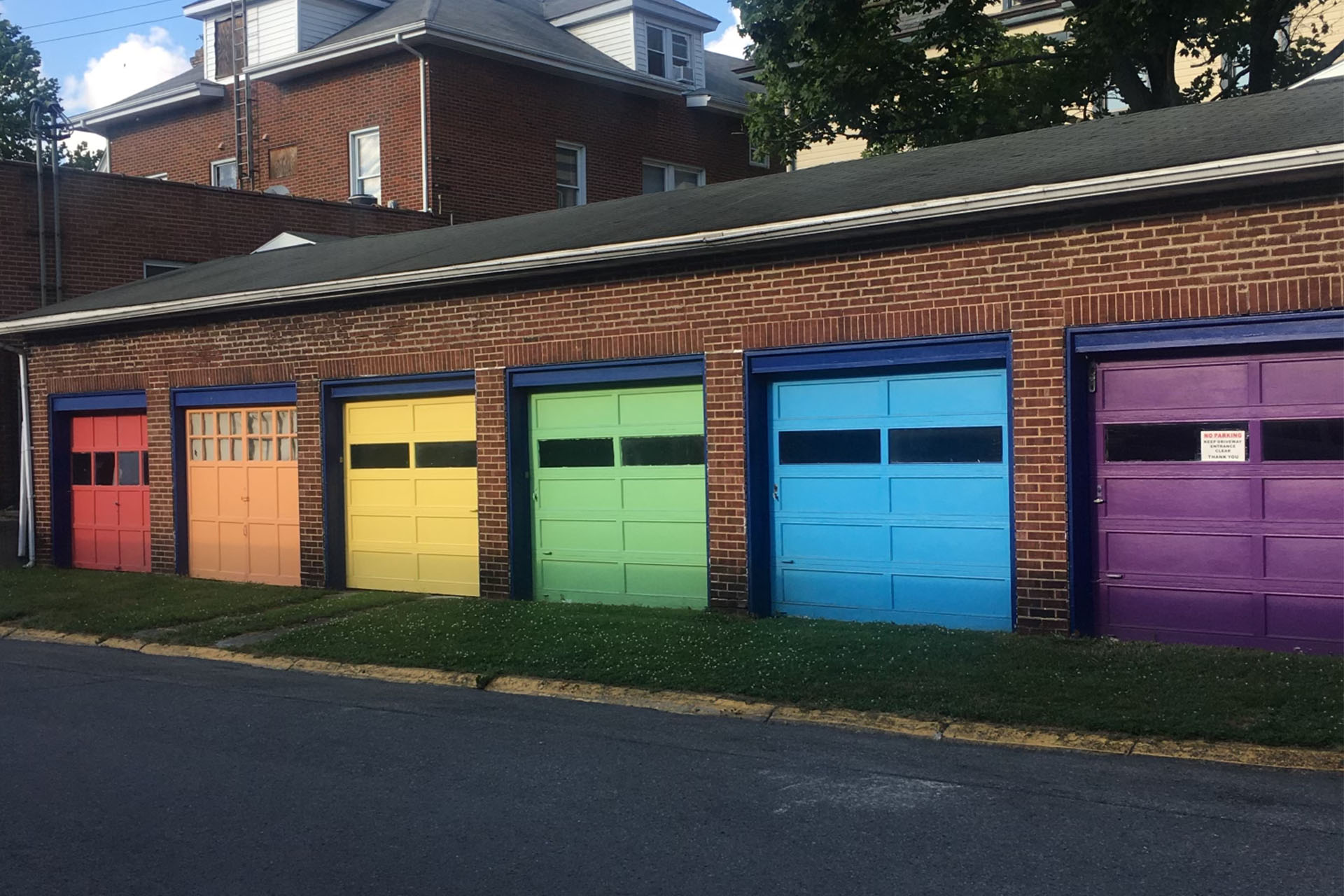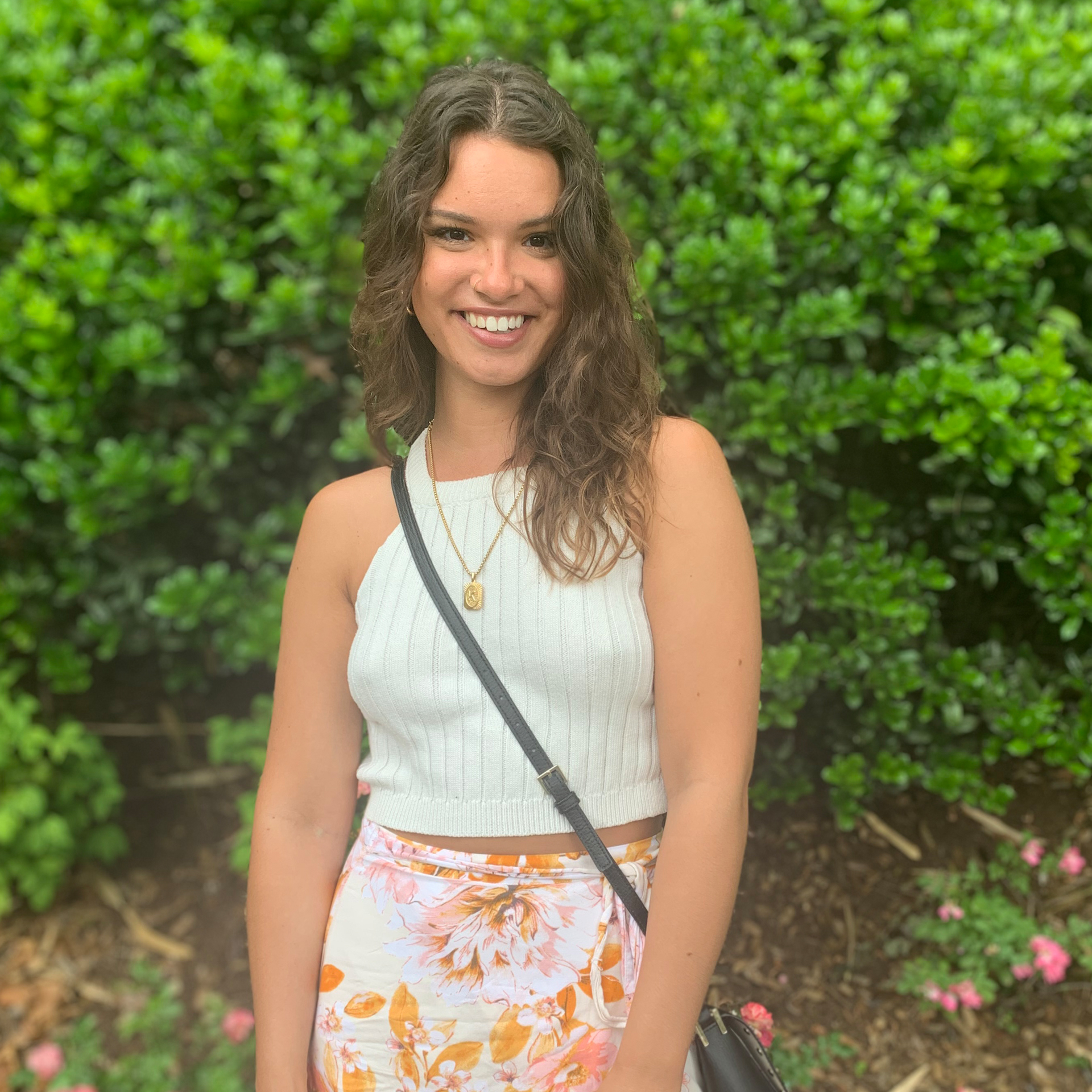Growing up I had an irrational fear of natural disasters. I’m sure a lot of kids have the same intrusive thoughts. It comes after our kindergarten curriculum forces five-year-olds to learn about hurricanes and tsunamis.
I remember not being able to sleep one night and climbing into my parents’ bed, tapping my dreaming mother, and innocently asking, “If there was a tornado, would we die?”
My poor, half-asleep mother rubbed her eyes. “Oh no honey, there wouldn’t be a tornado here in West Virginia, we’re protected by the mountains,” she said.
This newfound protection of the mountains filled me with confidence. We, West Virginians, Appalachians, we’re special; we are protected by mountains.
As I got older, I realized the mountains did protect us from danger literally, but they also protected us in a figurative way. Inside the mountains, we are forced to become a collective society. Our majestic mountains cut us off from the rest of the world, so like all human beings, we are forced to adapt. Inside the Appalachian walls, we found that life is easier when we can rely on and help one another.

This phenomenon has been happening for centuries all across the world; when a place is isolated it tends to become collectivist. Collectivist cultures still exist in places like Japan, China, parts of Africa and South America. A collectivist culture’s central focus is on the community. Whatever is being done should be done for the sole benefit of everyone. In collectivist cultures it should be assumed that everyone wants the good of the community to prevail over all else.
This phenomenon occurs right here in Appalachia. Collectivism shows up in our family dynamics, our food and our overall culture. It is expected of children to take care of their parents when they get old and frail or to look out for young children as they take the bus to school every day. You can see collectivism when we share food; you wouldn’t just cook for yourself, but for your family or neighbors. We mold to a collective group in our society to keep things running smoothly. We do this to live.
But why do we have collectivism in America of all places, the world’s beacon of individualistic culture? The U.S. is generally a culture that is obsessed with the individual: their success, their greatness, their life. Yet, in Appalachia, it is all about the collective.
This idea of collectivism versus individualism was introduced to me during my last semester of college at West Virginia University. I had already finished my student teaching and major classes, but was finishing up some psychology classes to receive my minor. I found myself in a three-hour long Wednesday night class about multicultural psychology.
I hardly knew what psychology was and all that it entailed then. I had no idea that cultures interpret psychology differently. Coming from West Virginia, the heart of Appalachia, we have a funny way of calling it something else.
To native-born West Virginians, psychology does not fit our stiff upper lip mentality. Psychology does not concern itself with our hard work or slow lifestyles. Psychology puts a name to a lot of common problems, but a West Virginian may just misconstrue “psychology” as laziness or lack of praying on your end.
However, Professor McNeil from my multicultural psychology class made it extremely simple, which allowed me to absorb all of his information like a sponge, hanging onto every word he spoke, with his calming demeanor and eagerness to hear from his pupils. He lacked any sort of hierarchical mentality. In his class, we had the right to just… be — no person better or worse than the next.
Professor McNeil assigned us all a project to help us better understand collectivist culture. He asked us to find someone we knew who may be from or part of a collectivist culture. Our task was to interview them and compare our interviewee’s experiences of living in both collectivist and individualistic cultures.
Eventually we had to present the main takeaways of our papers. For several Wednesday evenings we anxiously got up in front of the class and shared our findings. The class came to a stunning realization that West Virginia — or rather, Appalachia — mirrors a lot of the aspects of a collectivist society.
Even though we are still in the middle of this highly individualistic and capitalist world of America, West Virginia has held true to its roots of immigrants and natives alike who all worked for the greater good and pride of their state. We hold true to the sense that our state and our people are bigger than any one person. We rely on each other, help one another and have pride in doing so.
And knowing this, I left. I left a place where I would always be taken care of, always be looked after. I left a place where my family and my family’s family have lived forever. My leaving West Virginia was very individualistic of me. The thing is, when I left West Virginia, I was feeling the weight of those mountains, deep in my chest and around my ankles. I felt like I was trapped and couldn’t get out from behind their high and ancient fortress.
I was aware of this collectivism when I was in West Virginia, but the depth of it and the innateness of it didn’t hit me until I moved out of the mountains. I moved to Virginia right outside of Washington, D.C., and the culture shock was almost immediate. Some of it was for the better, such as new people, more diverse homes and foods. There were cool places to visit and everything… everything was clean and rich-looking.
I loved this part of my new home, the accessibility. I loved the opportunity and how northern Virginia was connected to the world. Everyone seemed to have an important job and many degrees. But quickly I found some cracks in the flat foundation.
My first big form of culture shock happened when I took a teaching job, my first teaching job, about 30 minutes away from my new home. I didn’t know what to expect on my first day meeting students, but I was quickly confronted. The students were unruly, spoke little English, didn’t like learning and certainly did not respect authority. I started to miss the mountains, their security and familiarity.
Once I noticed the initial culture shock in how education and authority were viewed, the aftershocks kept coming. Suddenly everyone around me was different than what I had known before. The sad truth about collectivism in West Virginia is that we are collectivists because we need to be. Inside the mountains we are poor, we have little access to products, jobs and education, therefore we rely on one another.
The new people I called my neighbors are wealthy — they have tech jobs, government jobs and sales jobs. Their parents all had these jobs before them, and they sit on a pile of generational wealth. Everyone drives an Audi and owns a goldendoodle. Money is everywhere and it’s thrown around without a care. This is a huge contrast to West Virginia. We live based on subsistence. If we have more we give and if we need something we ask, but there is never a need for abundance.
We all consider ourselves relatively equal in West Virginia; we don’t value hierarchical relationships, whereas here, in my new home, it’s everything. Money creates a sense of someone being better than another, and I get the sense that everyone is better than me. This is a hard part of individualist culture for me to adapt to; West Virginians have a tough past with outsiders and their money. Big companies came in and took our coal, our timber and our people, and exploited that. These outsiders were focused on the individual. Who can get the most rich off the back of a poor man? This leads West Virginians to mistrust others, deepening our sense of connection and pride in our community. This sense of pride and mistrust still follows me.
A few months living away from home, away from the protections of the Appalachian Mountains, my sister looked at me and said, “I miss home.”
I couldn’t agree more. I had the feeling that I should’ve been home yesterday. We took a weekend trip home to see family. On the trip, I basked in simplicity — $2 for a beer, hard-working men holding the door for you, women smiling at you in the grocery store, seeing my grandma’s-friend’s-daughter-who-grew-up-with-my mom and having her say, “I’m glad you’re doing well! Living in a big city!”

I missed the camaraderie and genuine kindness. I missed the small talk, the pleases and thank yous. I missed the slowness of life and the contentedness with that pace.
I still live away from West Virginia, I type a bit ashamed, but West Virginia always lives within me. I would give the shirt off my back to someone who needed it. I’ll always smile at strangers. I crave simplicity and ease. I’m quick to laugh and hug and not take things too seriously. When I’m driving around northern Virginia and see a Flying WV logo, I have the overwhelming need to yell “Let’s Go!” Because there in that car is someone that understands who I am. They too belong to the same thing I belong to.
West Virginia is the only part of Appalachia that is completely covered by the mountains. Inside of those mountains, we created a world of our own. A culture of love, compassion, reliability, safety and kinship. Many problems plague our state, and this I know is true. Not everyone in West Virginia holds these values as close to their heart as others, but if you’re from West Virginia, I hope you are proud. I hope you know the phenomenon of collectivism and how it has made us who we are. I pray that the connectedness of our digital world does not take away the collectivism within West Virginia. I hope you feel special, knowing how you were protected by the mountains.

